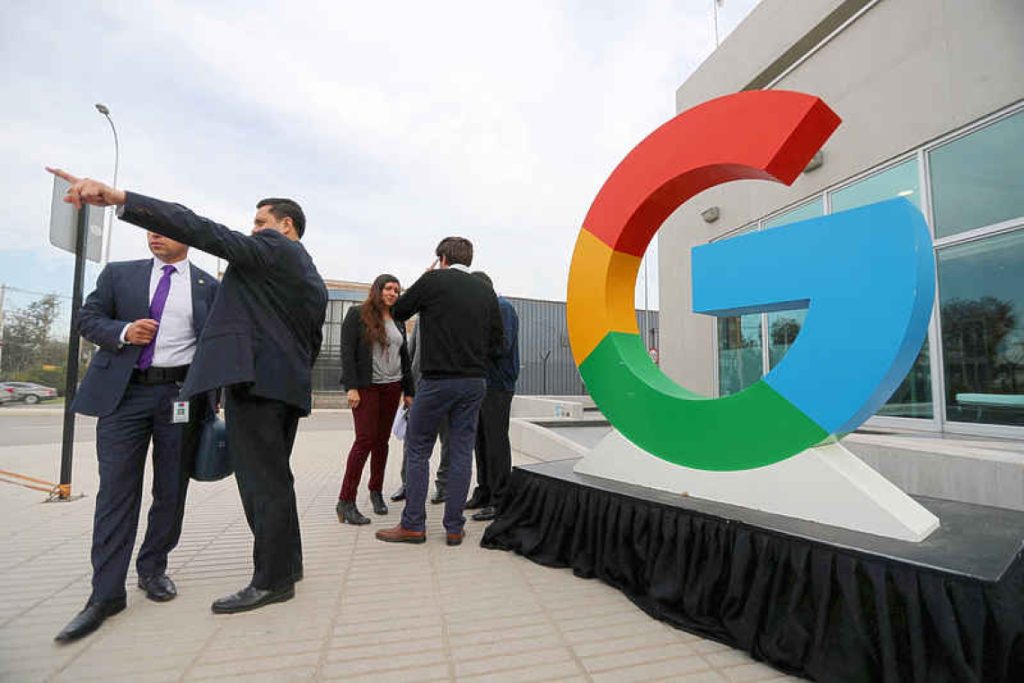US judge orders Google to open app store to rivals
3 min read

A federal judge in the U.S. has mandated that Google must permit rival technology companies to distribute their Android apps through its Google Play app store for three years, starting next month. This ruling is part of a series of remedies ordered by Judge James Donato in a case initiated by Epic Games, the developer behind the popular video game Fortnite.
Google has announced plans to appeal this decision and is requesting a delay in implementing the ordered changes.
In December, a jury sided with Epic Games, which argued that Google has stifled competition by monopolizing app distribution and payment systems on Android devices. Google responded to the ruling, asserting that these changes could compromise consumer privacy and security, complicate app promotion for developers, and ultimately diminish competition across devices.
Some legal experts view the ruling as a significant step against the dominance of major tech firms. Rebecca Haw Allensworth, a professor at Vanderbilt Law School, noted, “This demonstrates that courts may require dominant platforms to allow access to rivals in the interest of fostering competition.”
In addition to allowing rival apps, the judge ruled that Google must make its entire app catalog available to competing app stores. Mark Lemley, a professor at Stanford Law School, commented, “This is not something antitrust law typically mandates. However, the judge rightly pointed out that after violating antitrust laws, courts can compel companies to take actions to rectify the harm caused, even if they were not initially required to do so.”
Google contended that its Play store functions in a competitive environment, citing its rivalry with Apple, which was also sued by Epic Games in 2020. That case concluded with an appeals court ruling that Apple does not hold a monopoly in the mobile gaming sector.
The recent order represents another legal setback for Google regarding competition-related issues. In August, U.S. District Judge Amit Mehta ruled in favor of the U.S. Department of Justice, which accused Google of maintaining an illegal monopoly in online search. Additionally, last month, District Judge Leonie Brinkema heard arguments about similar government claims regarding Google’s dominance in the advertising technology market.
Critics of Google assert that the company’s fees—up to 30% on each transaction made through its app store—have resulted in inflated prices for consumers. Lee Hepner, Senior Legal Counsel at the American Economic Liberties Project, stated, “That is a rate they were able to charge because they were a monopoly.” He expressed optimism that the ruling could lead to a more competitive landscape.
“The ruling is likely to change the dynamic,” Hepner continued. “There will be greater incentives for developers to enter this market, which should ultimately lead to lower prices for consumers.”
As the legal battle unfolds, the implications of this ruling could resonate throughout the tech industry. If enforced, the decision may reshape the app distribution landscape, making it more accessible for developers and potentially benefiting consumers by fostering increased competition.
The outcome of Google’s appeal will be closely monitored, as it could set important precedents regarding antitrust laws and the responsibilities of dominant tech platforms. If upheld, this ruling might encourage other companies to rethink their app distribution strategies and pricing models in order to remain competitive in a rapidly evolving digital marketplace.
As the situation develops, the focus will not only be on the immediate impacts for Google and its rivals but also on the broader implications for competition and consumer choice within the tech sector. The outcome could pave the way for a more equitable environment for developers, offering them more avenues to reach consumers while fostering innovation and potentially lowering costs.